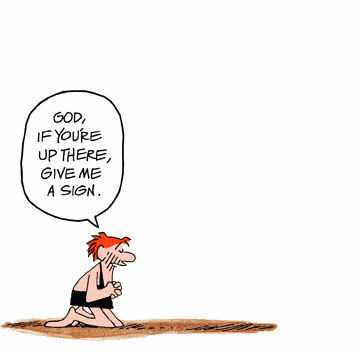Passivity as Passivity
Fear is the passivity as passivity -- that is, the fear before something that has not yet come. and as it still has not come, we cannot control it, we cannot do anything before it. Simply put, we wait for it passively...
These little experiences of fear in our life -- fear before our future; fear before the possibility (the probability) of losing our health; fear before others... fear before things that produce in us that strange powerless sensation of "not being able to do anything".
That amateur experience, which students know very well, of those minutes before the exam. That minute of absolute passivity, of fear. One still does not know what one will be asked. They are those distressing minutes in which one thinks one's memory has been erased. Because afterwards it will be already different. Because, the moment the question comes, the whole organism reacts; then we already have something to do, something to answer... we make the effort -- we go through the corners of our brain searching for lost data, and we have already entered into activity. Then one has already gone through that purely passive sensation of fear.
Christ in Gethsemane, passed through this purely passive fear. The Passion will come properly as such afterwards. Christ will be taken into tribunals. He will have to react, He will have to respond to Sanhedrin; He will have to speak with Pilate. But not yet. He simply waits. He waits for that which closes in on Him and from above and in front of Him, about which He can do nothing but to fear. To be afraid.
These little experiences of fear in our life -- fear before our future; fear before the possibility (the probability) of losing our health; fear before others... fear before things that produce in us that strange powerless sensation of "not being able to do anything".
That amateur experience, which students know very well, of those minutes before the exam. That minute of absolute passivity, of fear. One still does not know what one will be asked. They are those distressing minutes in which one thinks one's memory has been erased. Because afterwards it will be already different. Because, the moment the question comes, the whole organism reacts; then we already have something to do, something to answer... we make the effort -- we go through the corners of our brain searching for lost data, and we have already entered into activity. Then one has already gone through that purely passive sensation of fear.
Christ in Gethsemane, passed through this purely passive fear. The Passion will come properly as such afterwards. Christ will be taken into tribunals. He will have to react, He will have to respond to Sanhedrin; He will have to speak with Pilate. But not yet. He simply waits. He waits for that which closes in on Him and from above and in front of Him, about which He can do nothing but to fear. To be afraid.
















